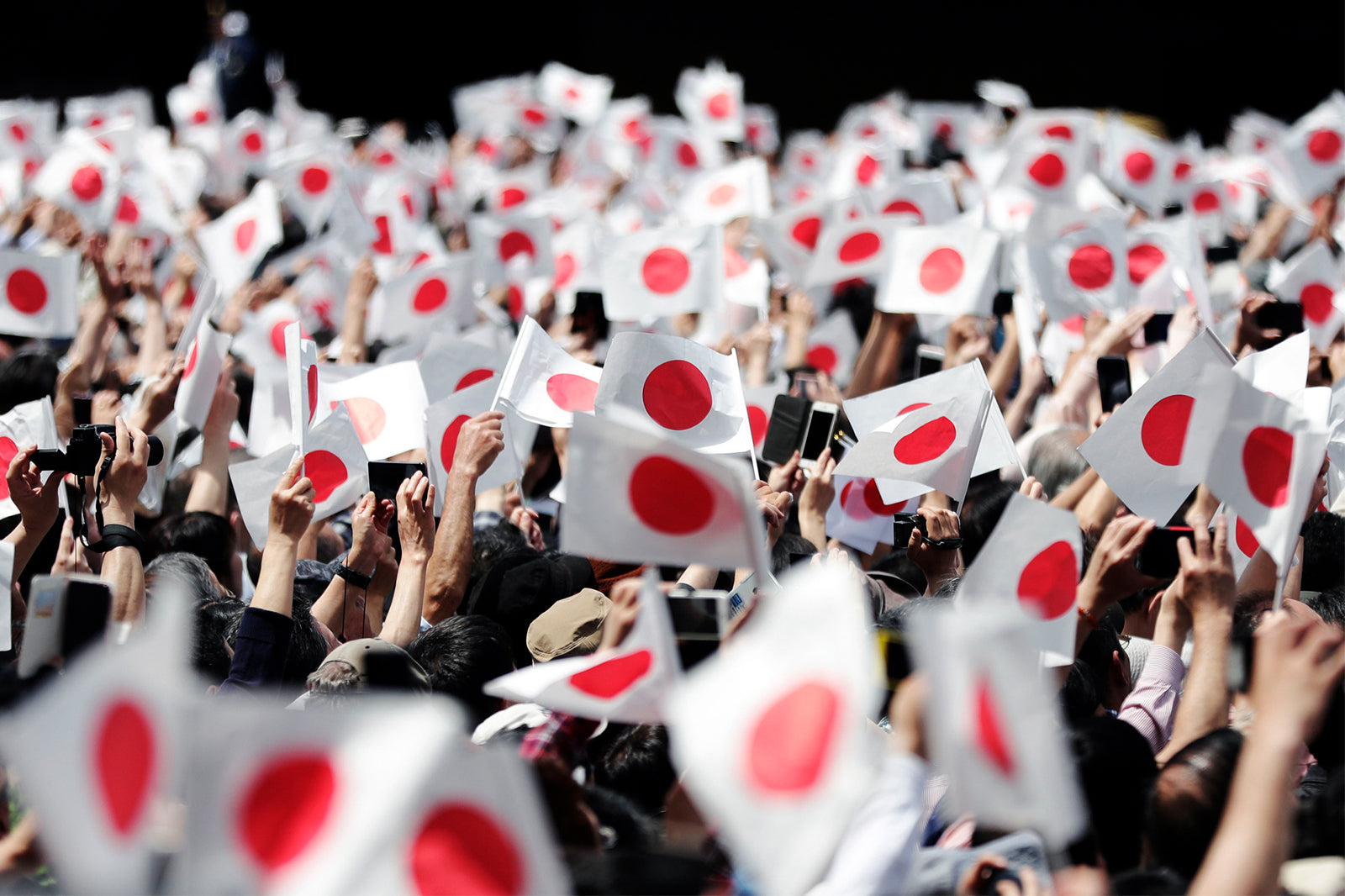
KENKOKU KINENBI: JAPAN AND THE LOVE OF THE HOMELAND
In Japan, since 1873, every February 11th one of the country's four most important holidays has been celebrated: Kenkoku Kinenbi (建国記念の日), or Japanese National Foundation Day .
 Tokyo's traditional parade during Kenkoku Kinenbi © Celebrate Merchants / Flickr
Tokyo's traditional parade during Kenkoku Kinenbi © Celebrate Merchants / Flickr
The origins of Kenkoku Kinenbi date back to 660 BC, the year in which Jimmu Tenno ( Hokohohodemi no Mikoto or Sano no Mikoto ) was crowned, according to legend, descendant of the Goddess Amaterasu (the "great divinity that shines in the heavens") and first Emperor of Japan .
 Emperor Jimmu Tenno and his companion following the Yatagarasu © Japan Travel
Emperor Jimmu Tenno and his companion following the Yatagarasu © Japan Travel
Although it has been celebrated since ancient times, it was only in the so-called Meiji Period , in particular between 1872 and 1873, that Kenkoku Kinenbi was made official by becoming a National Holiday , only to be abolished by the American Government in 1944 and finally reinstated in 1966.
 Promulgation of the Constitution in the Meiji Period, ukiyo-e style woodcut © Yōshū Chikanobu
Promulgation of the Constitution in the Meiji Period, ukiyo-e style woodcut © Yōshū Chikanobu
In Japan, in fact, love for the homeland is a fundamental feeling: that of community is a very important concept that must be respected. For example, the Japanese are educated to use indirect language in personal exchanges, to avoid that expressing one's opinion could create an element of disruption of the so-called wa , or social harmony.  The traditional bow in front of the Fushimi Inari Shrine in Kyoto © Russel Kord/Alamy
The traditional bow in front of the Fushimi Inari Shrine in Kyoto © Russel Kord/Alamy
It is therefore important to put the common good before the personal good while respecting the community, be it family, the company you work for or your homeland. This feeling is so important that the Japanese language reserves a special word to describe it, namely Aikoku (愛国 ), which literally means “Love for the Homeland”.
 The concept of sharing culture at Senso-Ji, a Buddhist temple complex in Tokyo © Rena
The concept of sharing culture at Senso-Ji, a Buddhist temple complex in Tokyo © Rena
This essential concept can only be celebrated with moderation and respect . If we happened to walk through the streets of Tokyo on February 11th, we couldn't help but notice many Japanese flags raised, demonstrating the patriotic spirit , as the backdrop to a parade that runs along the main road, ending at Meiji Jingu , historical sanctuary dedicated to the spirits deified by Emperor Meiji.
 Barrels of sake brought as gifts by the Japanese population to the gods venerated in the Meiji Jingu Shrine © Charlie Larkman/Unsplash
Barrels of sake brought as gifts by the Japanese population to the gods venerated in the Meiji Jingu Shrine © Charlie Larkman/Unsplash
Curiosity? It seems that February 11th is a recurring day in the history of Japan. In addition to being the birth of the National Foundation, in fact, it is precisely from this day that both the drafting of the first draft of the Japanese Constitution by the American General MacArthur and the foundation of the Order of Culture in 1937 - a Japanese chivalric order with l aim of honoring those who contributed to the development of Culture, Art, Literature and Science.



